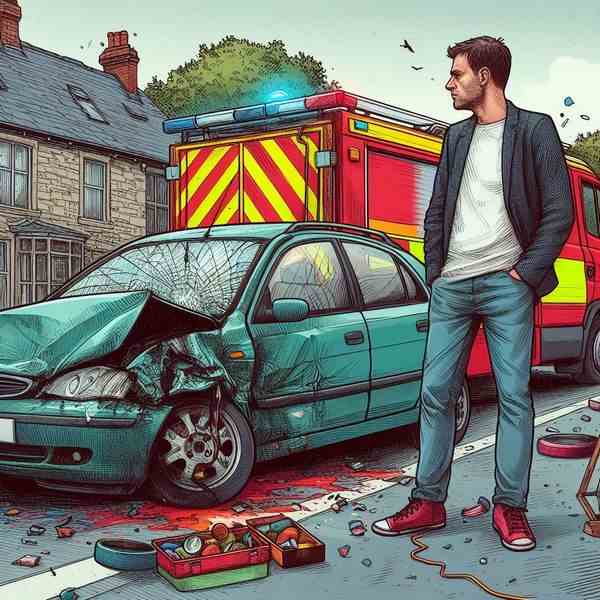What Type Of Insurance Will Be Available To You?
After your disqualification period ends and your licence is reinstated, you’ll likely be able to get standard car insurance, but you might be offered policies specifically designed for high-risk drivers. These can be more expensive and may come with stricter terms. Commonly, insurers offering cover to those with a driving ban may consider:
- The reason for the disqualification (e.g. drink driving, dangerous driving)
- The length of the disqualification period
- Any points on your licence
- Whether you’ve completed any additional driving courses

How Can A Previous Ban Affect Premiums?
Unfortunately, having a driving ban on your record may almost certainly increase your insurance costs. This is because insurers see disqualified drivers as higher risk, and that risk is reflected in the premium. The exact amount of the increase may depend on various factors, such as the severity of the ban and how long ago it was. However, there are ways to reduce premiums over time with careful driving and by considering these tips:
- Compare multiple quotes to look for competitive rates
- Consider telematics or “black box” insurance to demonstrate responsible driving
- Complete any voluntary driving courses that may help reduce your risk
- Build up a new no-claims bonus

Will You Need To Declare Your Disqualification?
Yes, if you’ve been banned from driving, you must declare this to any potential insurers when requesting a quote. Failing to disclose your disqualification could invalidate your insurance, meaning any future claims might be rejected. Insurers might ask about your driving history, and it’s regularly a sensible option to be honest about any past bans, points on your licence, and other relevant information. Honesty ensures you get appropriate cover that won’t be compromised if you need to make a claim.
Can Additional Steps Help You Get Back On The Road?
Getting insured after a ban might feel daunting, but taking proactive steps can make the process easier. Completing a rehabilitation course, such as the Drink-Drive Rehabilitation Scheme (if applicable), could not only help shorten your ban but also show insurers that you’re committed to being a responsible driver going forward. Additionally, some insurers may view taking an advanced driving course as a positive step, potentially lowering your perceived risk.
If you’re ready to return to the road after a disqualification, take the time to compare car insurance quotes and look for the best policy for your situation.
Why not get quotes now?

